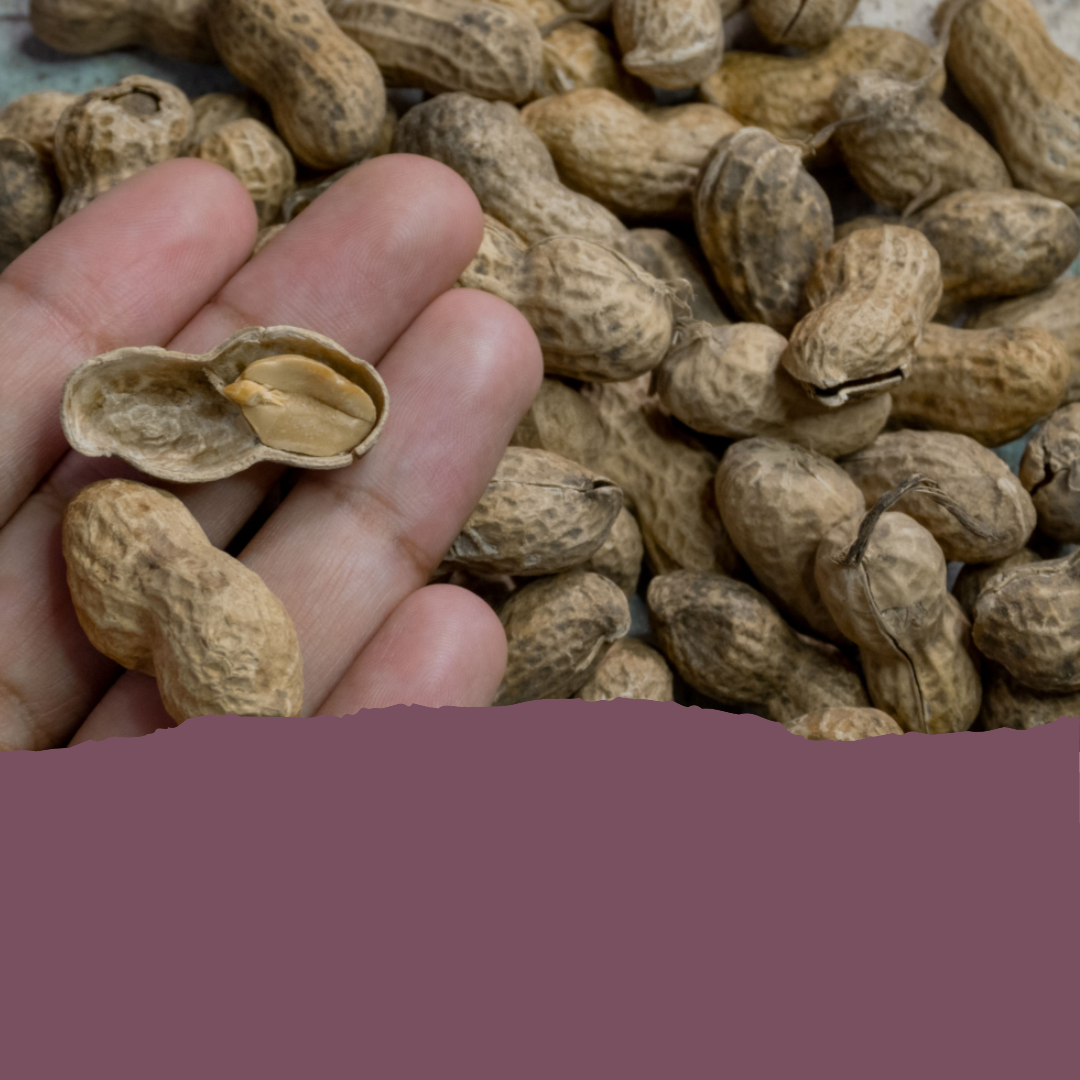Table of Contents
Peanut butter is a beloved spread enjoyed by many around the world. Whether it’s slathered on toast, used as a dip, or incorporated into recipes, peanut butter offers a rich and satisfying flavor. However, there are often concerns about the cholesterol content in peanut butter and its impact on health. In this article, we will explore the truth behind cholesterol in peanut butter and shed light on its nutritional profile.
Introduction
Peanut butter has been a staple in many households for decades. It is made from ground peanuts, which are rich in protein, healthy fats, and various essential nutrients. However, misconceptions about cholesterol content often arise due to the word “butter” in its name. Let’s delve into the concept of cholesterol and its relationship with peanut butter.
Understanding Cholesterol
Cholesterol is a waxy substance found in the body and certain foods. It plays a crucial role in hormone production, vitamin synthesis, and the formation of cell membranes. Cholesterol is categorized into two types: low-density lipoprotein (LDL) cholesterol, often referred to as “bad” cholesterol, and high-density lipoprotein (HDL) cholesterol, known as “good” cholesterol.
Debunking Cholesterol Myths
Before we address the cholesterol content in peanut butter, it’s essential to debunk some common myths. Many people mistakenly believe that all high-cholesterol foods are detrimental to health. However, research indicates that dietary cholesterol has a limited impact on blood cholesterol levels for most individuals. Saturated and trans fats have a more significant influence on raising LDL cholesterol levels.
Cholesterol in Peanut Butter
Contrary to popular belief, peanut butter is a low-cholesterol food. It contains no dietary cholesterol and is naturally cholesterol-free. Peanuts are primarily composed of healthy monounsaturated and polyunsaturated fats, which have been shown to support heart health by reducing LDL cholesterol levels. Therefore, peanut butter can be a part of a heart-healthy diet.
Health Benefits of Peanut Butter
Peanut butter offers several health benefits beyond its cholesterol profile. It is a good source of plant-based protein, providing essential amino acids for muscle repair and growth. Additionally, peanut butter contains dietary fiber, which aids in digestion and promotes a feeling of fullness. It also contains vitamins and minerals such as vitamin E, magnesium, and potassium, contributing to overall nutritional well-being.
Choosing the Right Peanut Butter
When selecting peanut butter, it is essential to opt for natural varieties without added sugars, hydrogenated oils, or excessive sodium content. Reading the ingredient list can help identify healthier options. Natural peanut butter, made solely from peanuts and perhaps a touch of salt, is the most nutritious choice. Avoid products with trans fats or partially hydrogenated oils, as they can negatively impact heart health.
Moderation is Key
While peanut butter is nutritious, it is still calorie-dense due to its fat content. Therefore, moderation is crucial. Excessive consumption of peanut butter can contribute to weight gain and surpass daily calorie needs. It’s important to pay attention to portion sizes and incorporate peanut butter into a balanced diet that includes a variety of other nutrient-rich foods.
Incorporating Peanut Butter into a Healthy Diet
Peanut butter can be a versatile addition to a healthy diet. Here are a few ideas for incorporating it:
- Spread peanut butter on whole-grain bread or rice cakes for a quick and satisfying snack.
- Blend it into smoothies for added creaminess and flavor.
- Use it as a dip for apple or banana slices.
- Add a dollop of peanut butter to oatmeal or yogurt for extra protein and flavor.
- Experiment with peanut butter in savory recipes, such as satay sauces or peanut-based dressings.
Peanut Butter Recipes
- Peanut Butter Banana Smoothie
- Thai Peanut Noodles
- Peanut Butter Energy Balls
- Peanut Butter and Jelly Sandwich
- Peanut Butter Chocolate Chip Cookies
Conclusion
In conclusion, peanut butter is a delicious and nutritious spread that is low in cholesterol and offers various health benefits. When consumed in moderation and as part of a balanced diet, peanut butter can be a valuable addition to your meals and snacks. Remember to choose natural varieties and read the labels to ensure you are selecting a wholesome product. Embrace the versatility of peanut butter and enjoy its taste while nourishing your body.
FAQs
Does peanut butter contain cholesterol?
No, peanut butter does not contain cholesterol. It is naturally cholesterol-free.
Is peanut butter good for heart health?
Yes, peanut butter can support heart health due to its high content of monounsaturated and polyunsaturated fats.
Can peanut butter help with weight loss?
While peanut butter is calorie-dense, it can still be a part of a weight loss plan when consumed in moderation as part of a balanced diet.
Is natural peanut butter better than processed peanut butter?
Yes, natural peanut butter without added sugars or hydrogenated oils is the healthier choice.
Can peanut butter cause allergies?
Peanut butter can trigger allergies in individuals with peanut allergies. It is important to exercise caution and avoid peanut butter if allergic.
Resouces
- “Peanut Butter: Is It Good for You?” – Mayo Clinic
- Link: https://www.mayoclinic.org/healthy-lifestyle/nutrition-and-healthy-eating/expert-answers/peanut-butter/faq-20058539
- This resource from Mayo Clinic offers expert answers to common questions about peanut butter, including its impact on cholesterol and overall health.
- “Peanut Butter Nutrition Facts: Is It Healthy?” – Healthline
- Link: https://www.healthline.com/nutrition/peanut-butter-nutrition
- Healthline provides an in-depth article on the nutrition facts of peanut butter, including its cholesterol content, health benefits, and potential considerations.
- “Cholesterol in Foods: What You Need to Know” – American Heart Association
- Link: https://www.heart.org/en/healthy-living/healthy-eating/eat-smart/fats/cholesterol-in-foods
- The American Heart Association addresses the topic of cholesterol in foods, providing insights into understanding cholesterol, its impact on heart health, and practical guidance for making informed food choices.
Please note that while these resources are reputable, it’s always advisable to consult with a healthcare professional or registered dietitian for personalized advice and information related to your specific health concerns and dietary needs.

